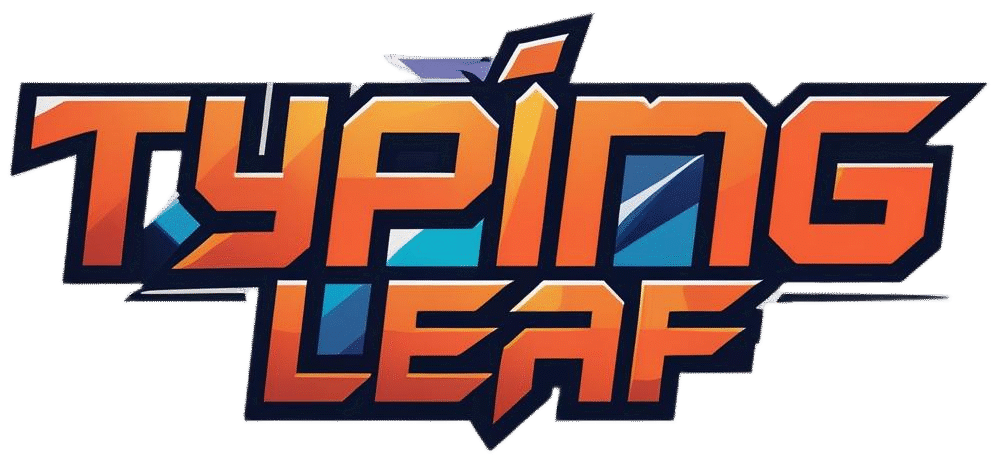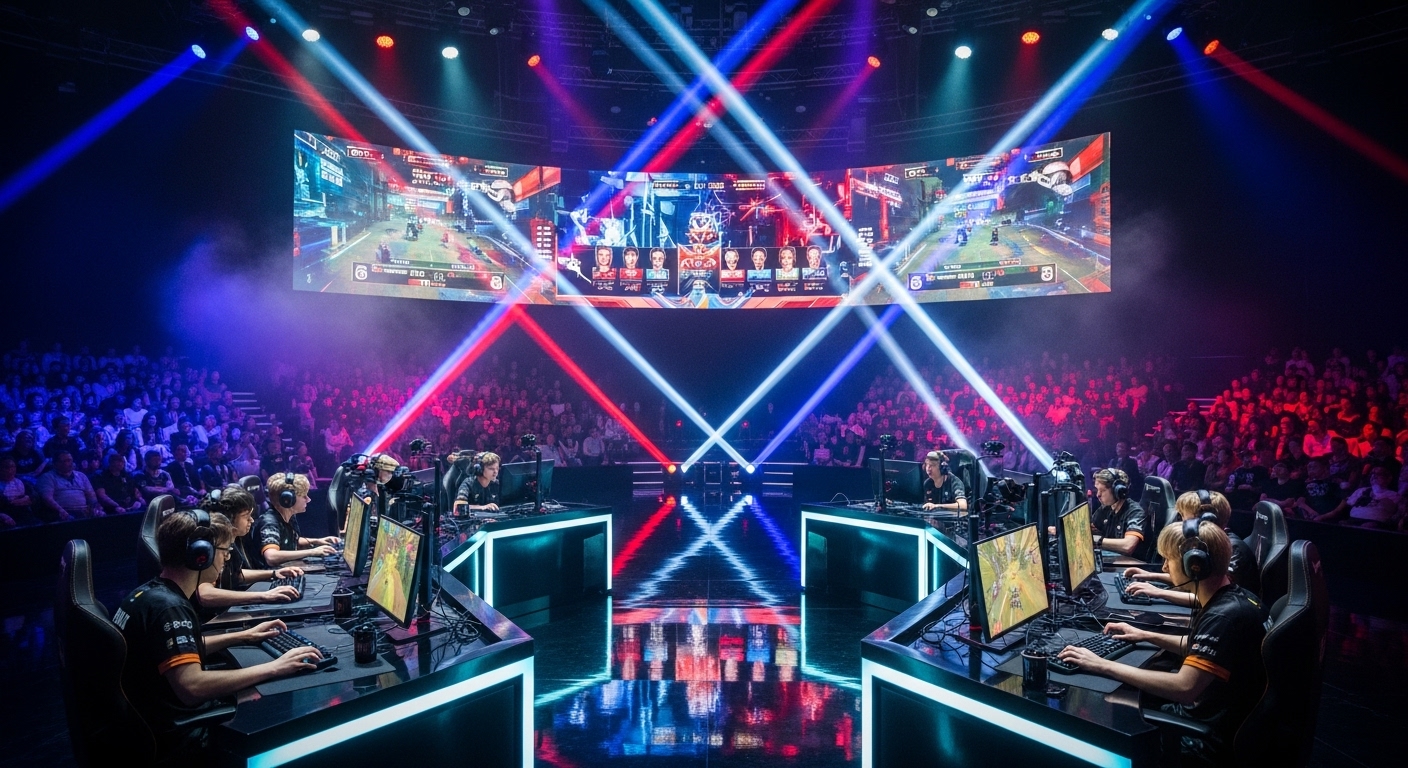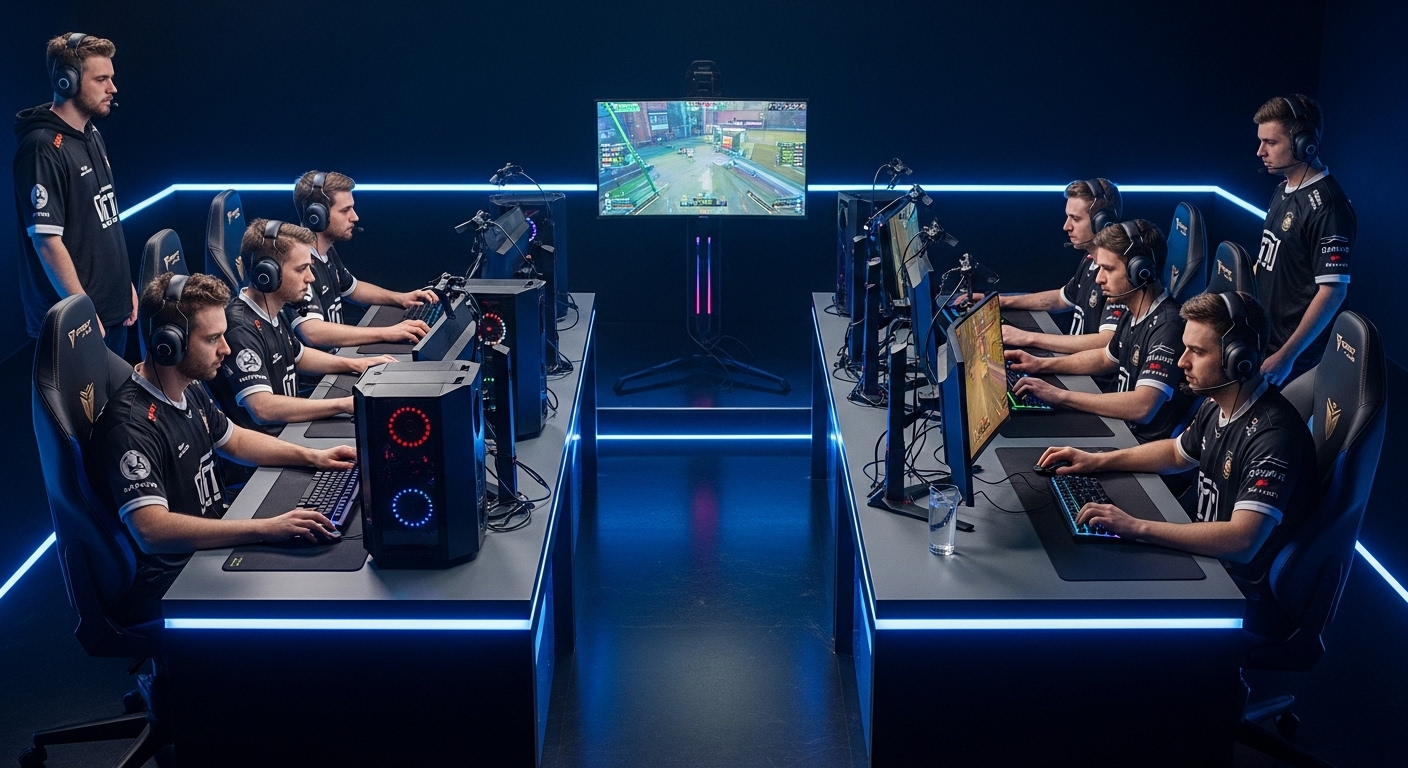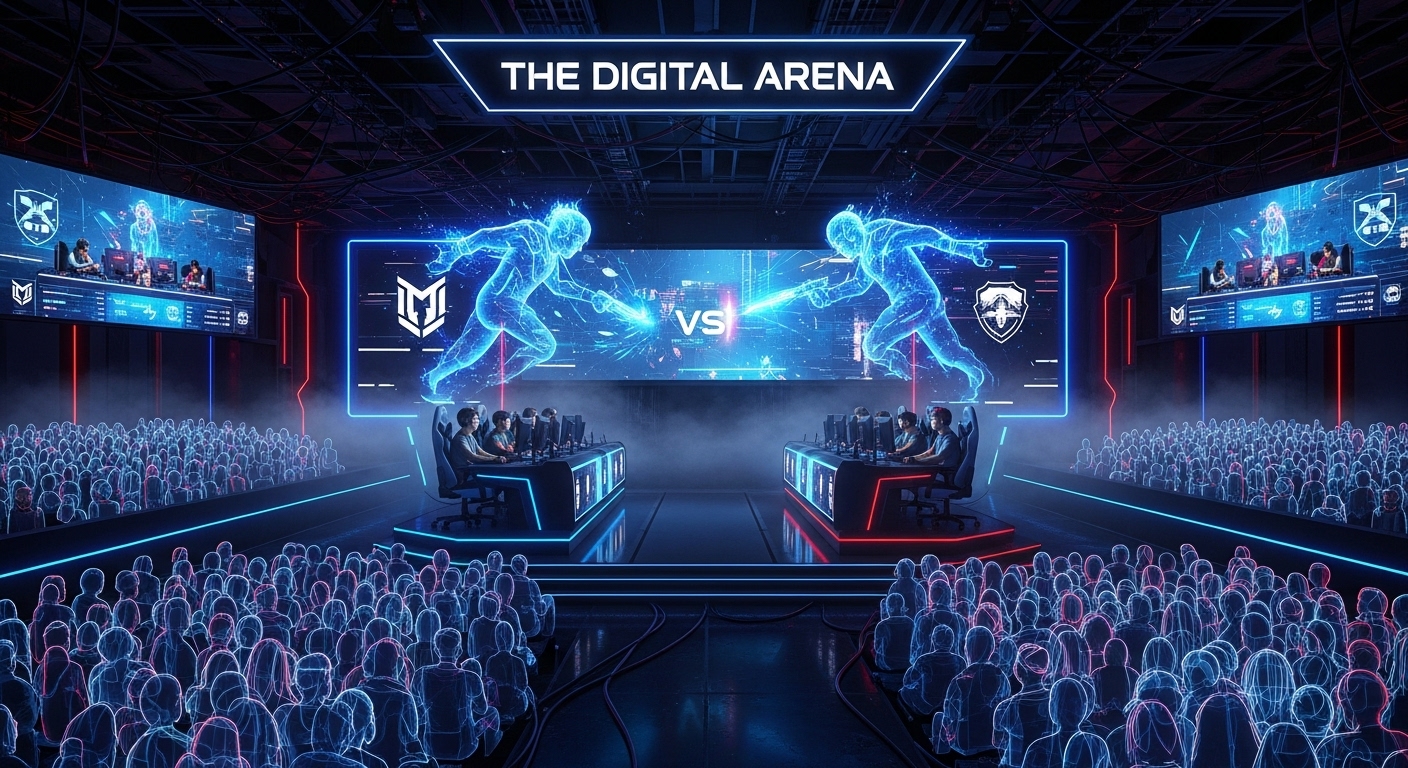Esports has evolved from a niche hobby into a global phenomenon, attracting millions of fans and generating billions in revenue. Competitive gaming is no longer limited to living rooms or small tournaments; it now encompasses professional leagues, international championships, and highly organized events with sponsorships, broadcast deals, and massive prize pools.
For fans, players, or investors, staying informed about top esports leagues is essential. These leagues define competitive gaming, showcase incredible talent, and shape the future of esports worldwide. In this article, we explore the most influential esports leagues, highlighting what makes them unique and why they deserve your attention.
The Importance of Esports Leagues
Esports leagues serve as the backbone of competitive gaming. They create structured competitions, provide career pathways for professional players, and engage fans with consistent schedules and storylines.
1. Talent Development
Leagues allow emerging players to compete against top-tier opponents, develop their skills, and gain exposure. They create pipelines for professional careers in gaming, coaching, and content creation.
2. Fan Engagement
Regular league events build communities, foster rivalries, and maintain audience engagement throughout the year. Fans follow teams, players, and story arcs, enhancing the emotional connection to esports.
3. Business and Sponsorship
Leagues provide opportunities for sponsors, advertisers, and investors. Structured competitions with viewership data make esports a lucrative industry for brands seeking to reach younger, digitally active audiences.
League of Legends: League Championship Series (LCS) and Global Competitions
League of Legends (LoL) remains one of the most popular esports titles, with an ecosystem of professional leagues across the globe.
1. League Championship Series (LCS)
The LCS is North America’s premier LoL league. Featuring top teams and high-level competition, the LCS offers a regular-season format with playoffs leading to international championships.
2. Global Impact
LoL’s World Championship is one of esports’ biggest events, with millions of viewers worldwide. The success of the LCS and other regional leagues demonstrates how organized competitions can elevate a game’s popularity.
3. Fan Culture
LoL leagues cultivate passionate communities through fan events, merchandise, and online engagement. Team rivalries and star players contribute to long-term loyalty and brand recognition.
Dota 2: The International and Major Leagues
Dota 2 is a cornerstone of competitive esports, renowned for its strategic depth and massive prize pools.
1. The International (TI)
The International is the crown jewel of Dota 2 competition. With prize pools reaching tens of millions of dollars, TI draws global attention and cements player legacies.
2. Dota Pro Circuit (DPC)
The Dota Pro Circuit is the professional league structure that feeds teams into TI. It provides a competitive framework for teams to earn points and qualify for international events, creating year-round engagement.
3. Strategic Complexity
Dota 2’s leagues highlight strategic gameplay, team coordination, and individual skill. Fans are drawn to the intellectual challenge of the game and the dynamic meta that shifts each season.
Counter-Strike: Global Offensive: CS:GO Major Leagues
CS:GO is a tactical shooter with a storied competitive scene. Its leagues and tournaments define first-person shooter esports globally.
1. Major Championships
CS:GO Major Championships are the pinnacle events, showcasing elite teams and top-tier strategies. Majors attract extensive viewership and sponsorship, making them key highlights of the CS:GO calendar.
2. Regional Leagues
Regional leagues in Europe, North America, and Asia develop local talent and maintain year-round competitive activity. These leagues feed teams into international tournaments and provide opportunities for emerging players.
3. Tactical Precision
CS:GO leagues emphasize teamwork, strategy, and mechanical skill. Fans appreciate the high-pressure moments, clutch plays, and coordination required to succeed at the top level.
Call of Duty League (CDL)
The Call of Duty League represents the franchise-based approach in esports, mirroring traditional sports structures.
1. City-Based Teams
The CDL features teams representing cities, fostering local fan communities and city pride. This model strengthens engagement and creates consistent support bases.
2. Franchise Stability
Franchise-based leagues provide financial stability for organizations and players, attracting long-term investment and higher-level professionalism.
3. Fast-Paced Competition
Call of Duty competitions are known for fast, action-packed gameplay. The league’s structure encourages exciting matches and highlights individual skill and teamwork.
Overwatch League (OWL)
The Overwatch League blends competitive gaming with a traditional sports model, emphasizing entertainment and global fan engagement.
1. Global Franchise System
Similar to CDL, the OWL uses city-based franchises worldwide. Teams compete in regular seasons and playoffs, culminating in the Grand Finals.
2. Esports Production Value
OWL emphasizes professional production, live broadcasting, and fan interaction. In-arena events, cinematic storytelling, and player branding create a dynamic spectator experience.
3. Community and Innovation
Overwatch League integrates fan voting, interactive platforms, and social media engagement, enhancing the overall experience and fostering global loyalty.
Fortnite: Competitive Leagues and Tournaments
Fortnite transformed esports with its unique blend of battle royale gameplay, creativity, and community engagement.
1. Fortnite Champion Series (FNCS)
The FNCS is Fortnite’s main competitive circuit, featuring solo and team formats. It emphasizes adaptability, creativity, and high-pressure decision-making.
2. Global Events
Fortnite’s World Cup and other international events bring together top players from across the globe. These competitions showcase the game’s speed, skill, and spectacle, attracting mainstream attention.
3. Cultural Impact
Fortnite’s leagues contribute to broader cultural influence, blending esports, entertainment, and social interaction in ways that redefine fan engagement.
Rainbow Six Siege: Rainbow Six Pro League
Rainbow Six Siege combines tactical shooters with strategic planning, and its Pro League highlights competitive excellence.
1. Strategy and Coordination
Unlike traditional shooters, Siege emphasizes environmental awareness, planning, and teamwork. Leagues create a structured environment for these skills to shine.
2. Regional and Global Competition
The Pro League features regional divisions that feed into international tournaments. Fans follow regional rivalries and global showdowns with equal enthusiasm.
3. Professional Development
The league structure supports player growth, providing exposure, coaching opportunities, and career progression in the esports ecosystem.
Esports Leagues in Fighting Games
Fighting games like Street Fighter, Tekken, and Super Smash Bros. have vibrant competitive scenes.
1. Evolution Championship Series (EVO)
EVO is the premier fighting game tournament, drawing players worldwide. It emphasizes individual skill, reaction time, and strategic adaptability.
2. Regional Circuits
Local tournaments and national leagues feed into international competitions, creating a developmental path for players.
3. Fan Culture
Fighting game leagues thrive on community involvement, fan interaction, and the spectacle of one-on-one competition, making them integral to esports culture.
Mobile Esports Leagues
With mobile gaming rising globally, leagues for games like PUBG Mobile, Free Fire, and Mobile Legends have gained prominence.
1. Accessibility and Growth
Mobile esports leagues expand competitive gaming to regions with high mobile penetration, offering opportunities to players without access to high-end PCs or consoles.
2. Regional Tournaments
Leagues in Southeast Asia, India, and Latin America create strong fan communities and develop local talent.
3. Fast-Paced and Spectacular
Mobile competitions emphasize agility, strategy, and rapid decision-making, providing intense, engaging matches for viewers.
Why You Should Follow Esports Leagues
Following esports leagues provides more than entertainment; it allows fans to engage with a growing, dynamic culture.
1. Witness Top Talent
Leagues showcase the best players, offering insight into elite strategies, techniques, and gameplay trends.
2. Community Connection
Fans connect with teams, players, and fellow enthusiasts, creating social bonds and a sense of belonging.
3. Global Perspective
Esports is a global phenomenon. Following international leagues introduces fans to diverse playstyles, cultures, and gaming philosophies.
4. Entertainment and Education
Leagues combine storytelling, skill, and production value. They educate viewers about the games while providing high-quality entertainment.
The Future of Esports Leagues
Esports leagues are evolving rapidly, with innovations in technology, broadcast, and fan interaction shaping the next era.
1. Franchise Expansion
More games are adopting franchise-based structures, providing stability, professionalism, and long-term growth opportunities.
2. Technological Integration
Augmented reality, advanced analytics, and virtual experiences will enhance both competition and spectator engagement.
3. Globalization
Esports will continue to reach untapped markets, expanding fan bases and increasing opportunities for players worldwide.
4. Increased Sponsorship and Mainstream Acceptance
Esports leagues are attracting mainstream sponsorships, further legitimizing competitive gaming as a professional industry.
Conclusion
Esports leagues are more than just competitions—they are the lifeblood of the industry. From League of Legends and Dota 2 to CS:GO, Fortnite, and mobile games, these leagues shape the careers of professional players, define fan experiences, and drive the growth of esports globally.
Following these leagues allows fans to witness incredible skill, experience unforgettable moments, and participate in a global community that celebrates competition, strategy, and entertainment. The future of esports is bright, and for those who stay engaged with top leagues, every season brings new excitement, rivalries, and innovation.
Esports leagues are not just about games—they are about the culture, passion, and evolution of competitive entertainment in the digital age.



